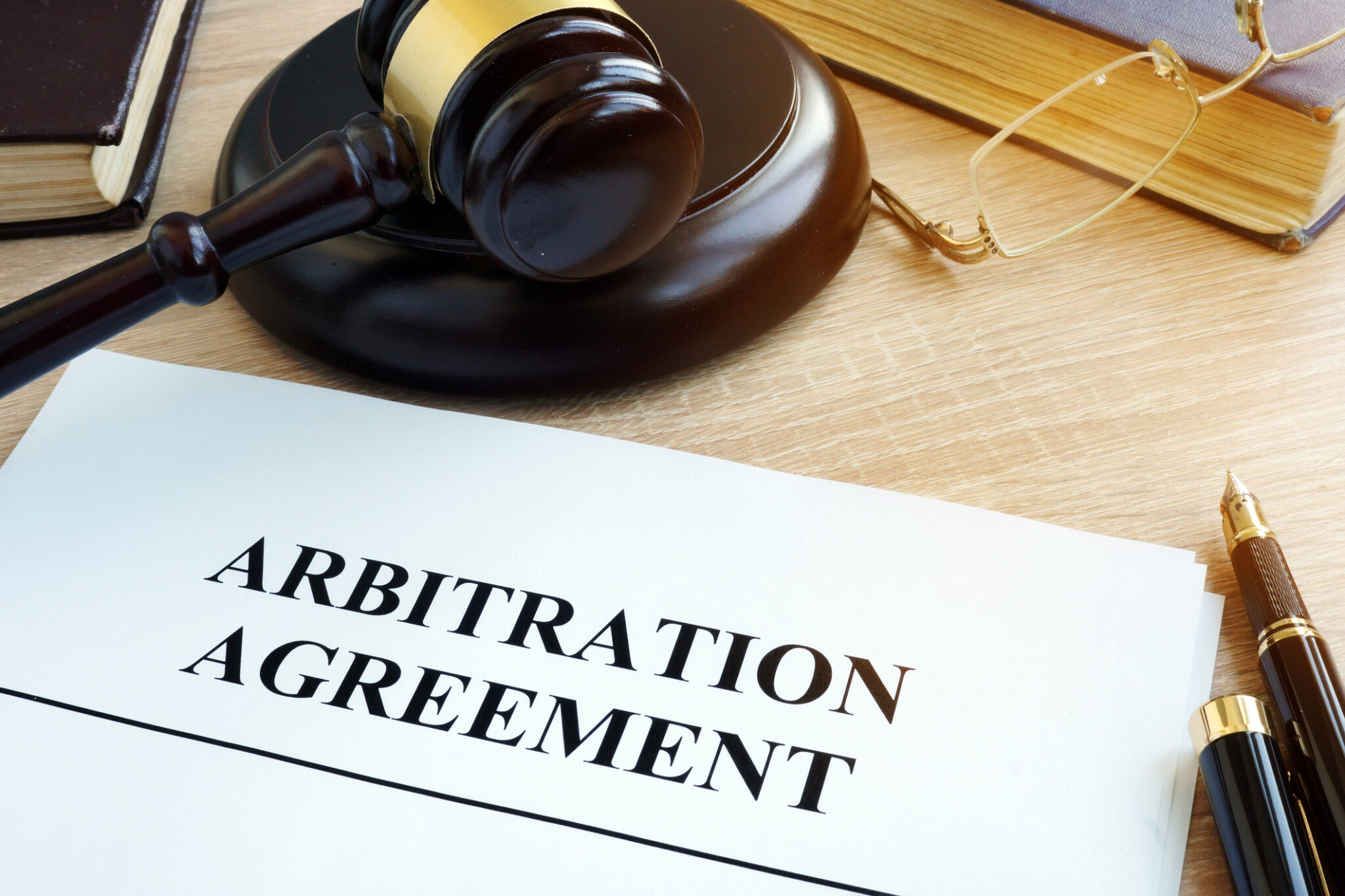
Tom from Mill Valley asks: I heard something on the news about a recent US Supreme Court case upholding arbitration clauses in employment cases. What are arbitration clauses and how do they affect employees?
This is a great question Tom, because not everyone DOES know what an arbitration is in an employment context, or how it can affect them. One would typically think that if an employer sexually harassed an employee, or forced employees to work hours for which they were not paid, the employees could sue the employer and take them to court. If the misdeeds of the employer were wide spread and of a similar nature, employees could even band together and file a class action lawsuit against the employer. However, over the past few years it has become common for employers to require newly hired employees to sign arbitration agreements as a condition of employment, contractually removing an employee’s right to go to court. This is purely for the benefit of the employer.
Arbitration itself is not a bad thing. It is simply an alternative manner in which to resolve disputes outside of a courtroom, usually at a private arbitration firm. The employer and the employee “agree” to resolve any disputes privately, presenting their arguments, accusations and defenses to a private individual, an arbitrator (typically a retired judge), who then makes a binding decision on the matter.
And now you are probably asking, well, is that necessarily a bad thing? I would argue that yes, it is, for many reasons. First, the employer is basically forcing employees to agree to it before they are hired. Second, let’s say that you work for a company who, over the course of a year, did not pay you $1,500 owed to you based on hours that you worked. Let’s say that this company also did this to 500 of your co-workers. Given that most attorneys take cases such as this on a contingency fee basis (meaning that they are compensated by a percentage of the overall financial recovery) it would only make financial sense for an attorney to take a case like this if they could form a class of the affected employees and sue the employer on behalf of all of them. This is what is commonly referred to as a class action lawsuit.
Most arbitration agreements do not allow for class action lawsuits. Each employee’s dispute would have to be dealt with individually through private arbitration, and private arbitration is much more expensive than going to court. The end result is that given that each employee’s case has to be dealt with individually, along with the cost associated with private arbitration, the economics essentially prevent most employees from finding an attorney who will actually take their case and prosecute it.
The answer to this used to be the class action lawsuit, grouping the claims of dozens of employees together in a single case. But many arbitration agreements prevent employees from pursuing this avenue anymore. It puts most employees in a situation where they can prove their case but can’t do anything about it because it’s too expensive to pursue. Which brings us to the final goal of arbitration agreements: employees effectively cannot sue their employers, they are left with no real recourse, and employers continue in their course of conduct unchallenged. Federal and state statutes designed to protect workers go unenforced. To most people, this seems wildly unfair and unjust.
A few weeks ago, the U.S. Supreme Court issued a decision in Epic Systems Corporation v. Lewis, which addressed questions related to the injustice of these kinds of arbitration agreements. The majority opinion, authored by new Associate Justice Neil Gorsuch (appointed by President Trump), sided with corporations over their employees. The Court, in a 5-4 decision, held that employers CAN use arbitration agreements to prevent employees from forming groups to pursue class action claims. Absent legislation from Congress, this is now the law of the land.
As a result of this decision, the Mexican food chain Chipotle has already decided to use its impact against a class of 10,000 employees suing them for forcing the employees to work “off the clock” and not get paid for that time. Chipotle has told the court that under the Epic Systems decision, the employees cannot sue them as a class, they have to pursue their cases individually, through private arbitration. Chipotle will win that argument. Most of the claims of their employees will evaporate, and they are contractually prevented from taking Chipotle to court. That is harmful for their employees, and it is a destructive ruling from the Court.










